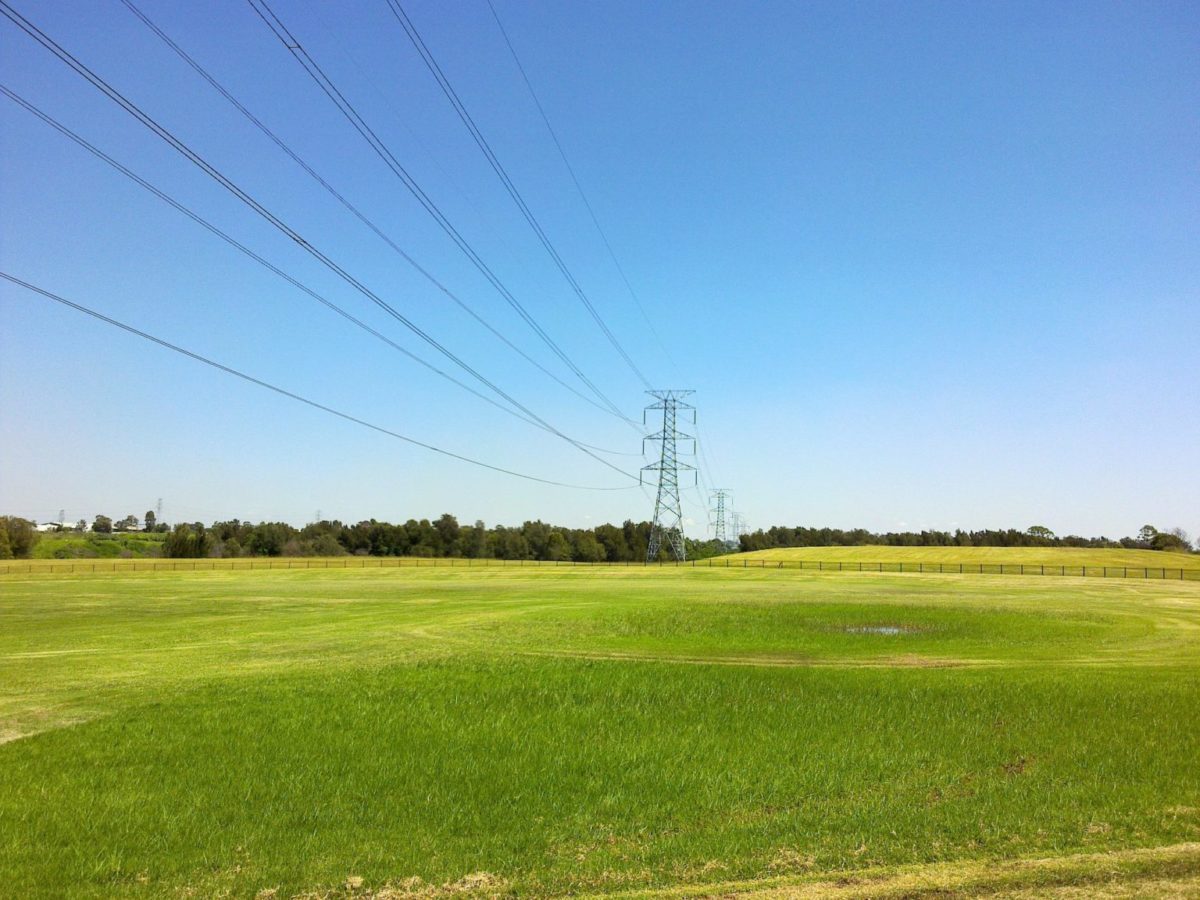Households and businesses in Great Britain could be paid to provide grid flexibility all year round, under plans announced by National Grid ESO.
The ESO first introduced its Demand Flexibility Service (DFS) in the winter of 2022-23 as a contingency service, following the rise in international gas prices sparked by Russia’s invasion of Ukraine. For 2024 and beyond, the ESO does not plan to bring back DFS as a winter contingency but has instead proposed a year-round system that would operate as a normal commercial service.
DFS works by inviting consumers and businesses to reduce their electricity consumption during periods of high demand, typically falling between 4 pm to 8 pm. Energy suppliers and other DFS providers bundle multiple single metering points – where import and export is measured – into DFS Units with capacities between 1 MW and 100 MW. A portion of the revenue from providing flexibility to the ESO is then passed on to consumers.
In the winter 2022-23 period, 1.6 million households and businesses participated in DFS, saving over 3.3 GWh of electricity in the process. This grew in winter 2023-24, when 2.6 million households and businesses participated, delivering 3.7 GWh of flexibility.
National Grid ESO is now consulting with industry stakeholders on its proposal for a year-round DFS. The initial design includes changes that would see DFS compete against the other commercial tools available to the ESO control room. It would also mean DFS providers and their customers would be able to stack DFS income with other revenue streams, such as the Capacity Market. Further revenue stacking opportunities in the proposal include altering the rules to allow participation in both DFS and distribution network operator (DNO) flexibility services. Previously, single metering points that participated in DNO flexibility services could not be included in DFS Units.
In a press release, Layte O’Neill, chief operating officer at the ESO, said: “The Demand Flexibility Service has been a national first in empowering households and businesses to embrace energy flexibility and to be rewarded in the process. As we transition away from requiring DFS as a winter contingency service it is only right that we look to the future of what this service can deliver.
“We look forward to working closely with industry over the coming months to deliver a service that makes flexibility part of everyday life and that can unlock the benefits for participating consumers and society at large.”
Following its consultation with industry, National Grid ESO plans to submit a final DFS design to energy regulator Ofgem ahead of a planned launch in winter 2024.
The DFS proposals apply to England, Scotland and Wales – Northern Ireland is part of a separate integrated electricity market with Ireland.
This content is protected by copyright and may not be reused. If you want to cooperate with us and would like to reuse some of our content, please contact: editors@pv-magazine.com.



By submitting this form you agree to pv magazine using your data for the purposes of publishing your comment.
Your personal data will only be disclosed or otherwise transmitted to third parties for the purposes of spam filtering or if this is necessary for technical maintenance of the website. Any other transfer to third parties will not take place unless this is justified on the basis of applicable data protection regulations or if pv magazine is legally obliged to do so.
You may revoke this consent at any time with effect for the future, in which case your personal data will be deleted immediately. Otherwise, your data will be deleted if pv magazine has processed your request or the purpose of data storage is fulfilled.
Further information on data privacy can be found in our Data Protection Policy.